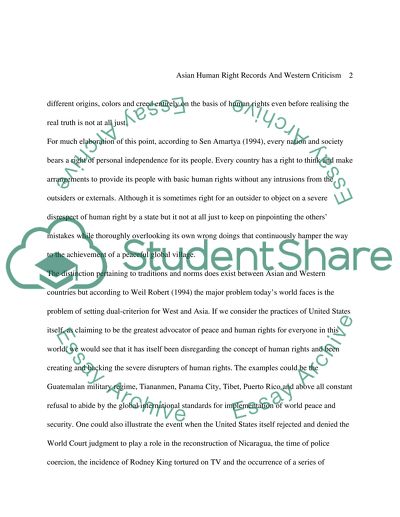Cite this document
(“Asian Human Right Records And Western Criticism Essay”, n.d.)
Asian Human Right Records And Western Criticism Essay. Retrieved from https://studentshare.org/law/1522232-asian-human-right-records-and-western-criticism
Asian Human Right Records And Western Criticism Essay. Retrieved from https://studentshare.org/law/1522232-asian-human-right-records-and-western-criticism
(Asian Human Right Records And Western Criticism Essay)
Asian Human Right Records And Western Criticism Essay. https://studentshare.org/law/1522232-asian-human-right-records-and-western-criticism.
Asian Human Right Records And Western Criticism Essay. https://studentshare.org/law/1522232-asian-human-right-records-and-western-criticism.
“Asian Human Right Records And Western Criticism Essay”, n.d. https://studentshare.org/law/1522232-asian-human-right-records-and-western-criticism.


